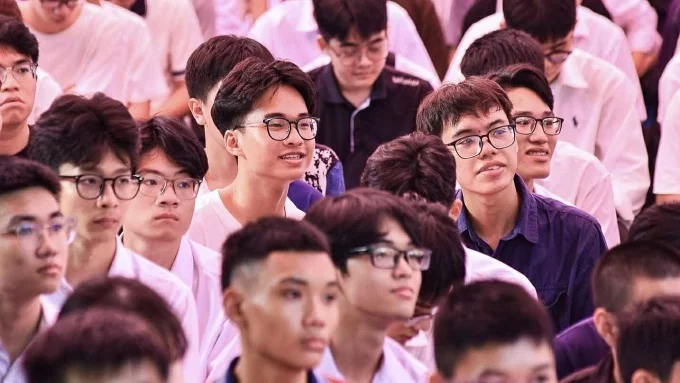Hanoi — Vietnam has unveiled one of its most ambitious education reforms to date, announcing plans to establish at least three to five elite universities by 2027. The initiative, assigned to the Ministry of Education and Training, is designed to cultivate national talent and strengthen the country’s global competitiveness. The directive was issued as part of the government’s action program to implement a Politburo resolution calling for breakthrough reforms in education and training.
The plan goes beyond creating a few flagship institutions. Authorities intend to restructure the entire higher education system, transferring some universities to local government management and reorganizing funding and governance models. Selected institutions will be upgraded into strong research hubs with closer integration between teaching, research, and industry. By 2025–2026, Vietnam also aims to establish advanced training centers in artificial intelligence, as well as centers of excellence for research, innovation, and entrepreneurship at key universities.
The long-term vision is that by 2030, Vietnam will have 15 to 20 reputable public universities recognized for their research and application strengths, particularly in priority technologies and frontier sciences. Among them, at least two will receive special funding, legal mechanisms, and autonomy to rise into the ranks of world-class elite institutions. Evaluation standards will include scientific publication output, faculty qualifications, research funding capacity, innovation ecosystems, infrastructure, international cooperation, and measurable social impact.
Officials describe the concept of “elite universities” as a level above strong research institutions, with the goal of positioning Vietnam among the world’s top 20 education systems by 2045. The reform reflects the country’s determination to accelerate human capital development and align its education system with the demands of a rapidly changing global economy.
While some experts caution that building world-class universities in such a short timeframe will be a formidable challenge, the government insists that decisive reforms, targeted investment, and international collaboration can help Vietnam achieve its goals. The initiative is also expected to attract partnerships with leading global universities, further enhancing academic exchange and research capacity.
For Vietnam, the project is more than an education policy—it is a national strategy to ensure that the next generation of scientists, innovators, and entrepreneurs can compete on the global stage. By linking education with research and industry, the country hopes to create a virtuous cycle of knowledge, innovation, and sustainable growth.







